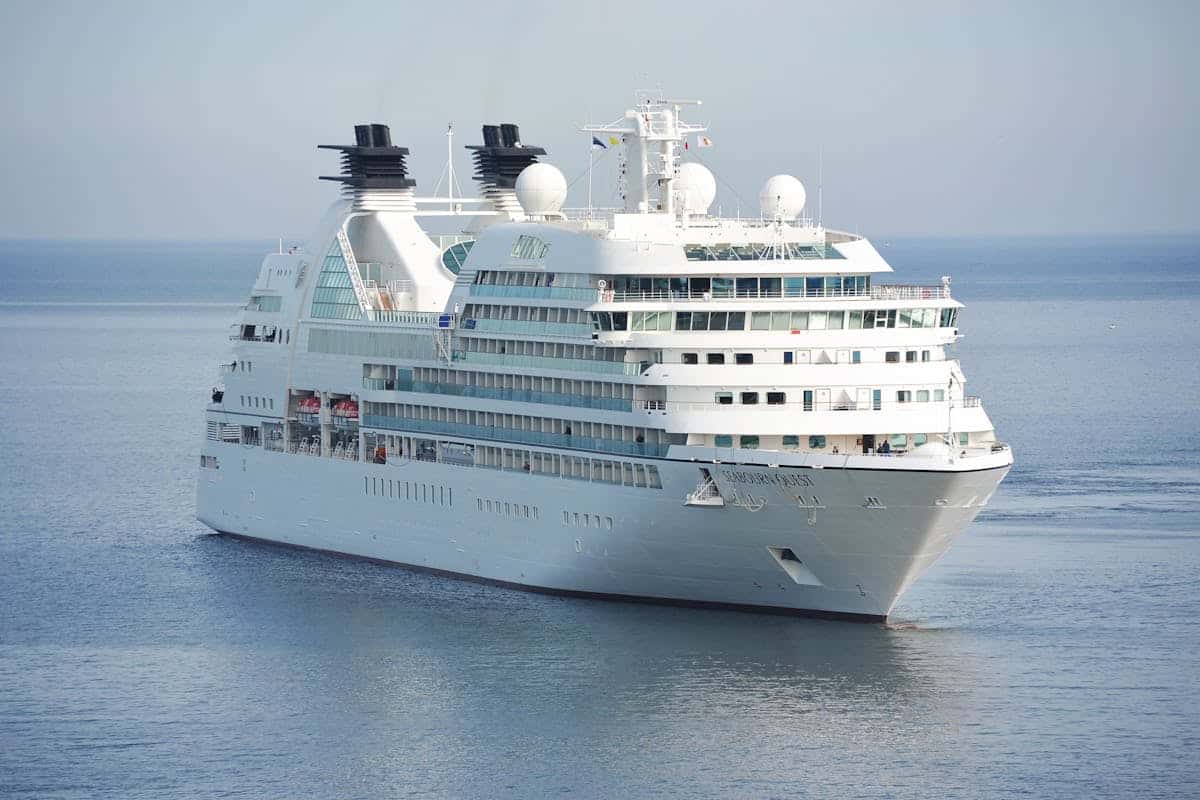Table of Contents
Every year, millions of tourists board cruise liners for what they hope will be pleasurable and memorable vacations. Inevitably, some numbers of them will suffer some kind of mishap. What are the more common injuries that happen on a cruise? How are people compensated by maritime law if they become sick or injured while they’re on a cruise?
Safe and sanitary conditions are a priority for companies that operate cruise ships. However, no matter how luxurious, cruise ships are pretty much enclosed spaces. The population of some of biggest ships can be the size of a good-sized town. As with a good-sized town, misfortunes are going to happen. Here are some of the common ones.
Trip and Fall Accidents
Trip and fall accidents are some of the most common injuries on cruise ships. Large cruise ships have many levels served by stairs, escalators and elevators. Someone invariably trips and falls down a staircase. The largest cruise ships also offer water features, which also lead to some people tripping and falling from wet floors. The risks are greater if stairs lack handrails, flooring is uneven or damaged, if the crew neglects to put up warning signs, if the lighting is out or too dim and if paths are blocked.
Shore Leave
It may be surprising to learn that passengers leaving the ship to enjoy excursions on land can still be covered by maritime law. Excursions are especially risky since the cruise line company does not have control over those companies that provide transportation and recreation away from the ship.
Some cruise lines also own private islands, and they can be liable for injuries on these islands if they’re found to be negligent and if the island is supposed to be under their control.
Accidents Involving Water Features
A good number of cruise ships have swimming pools. Larger swimming pools are sometimes equipped with water slides. Pools and slides on these ships are a bit more hazardous than they are on land, for there are no lifeguards. Injuries range from slips and falls to drowning. People on water slides also crash into each other on the way down. People even suffer burns because there’s too much chlorine in the pool water.
Crimes
There are many places to hide on a cruise ship, and crimes do occur. These include sexual assault and theft. Passengers also get into physical fights.
Sickness and Food Poisoning
Passengers on a cruise ship live in close quarters, even temporarily, so it’s easier for diseases to spread. These diseases include noroviruses, COVID-19 and other diseases that attack the respiratory system. Buffets are a huge draw for cruise ships, and if the food isn’t thoroughly cooked or properly handled, it can spoil and afflict passengers with food poisoning. Another problem with cruise ships is that there are seldom accredited doctors aboard, though they have sick bays. If a patient gets sick, they might not receive proper care or may be misdiagnosed. Once in a while a misdiagnosis leads to a patient’s death.
How Does Maritime Law Compensate an Injured Passenger?
Passengers who’ve been injured or have gotten ill on a cruise ship can be compensated under maritime law, but there are steps that need to be followed. First, there’s a statute of limitations under maritime law. This is three years, but the timeline may be even shorter if the passenger signed a contract with the cruise line. The shorter timeline might be waived if the victim is a child, if the injury isn’t apparent right away or if the cruise line has been found to try to cover up the injury.
If a passenger has been injured, they must send a written notice of their injury to the cruise line as soon as possible and no later than six months, then bring a lawsuit within a year. It’s also a good idea to hire on an attorney who is familiar with maritime law. A successful lawsuit can help a passenger receive compensation for medical expenses, lost wages, pain and suffering and wrongful death.


